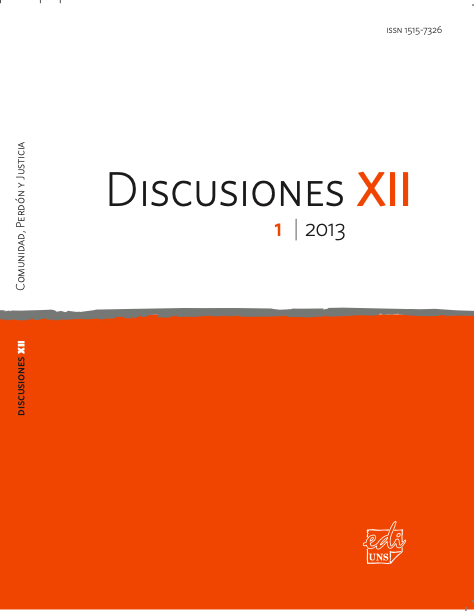Constitutional review and legislative delegation
DOI:
https://doi.org/10.52292/j.dsc.2013.2554Keywords:
Legislative delegation, Intelligible Standard, Generic or indeterminate bases, Legislative policy, Restrictive interpretationAbstract
Contemporary constitutional systems tend, in exceptional cases, to confer legislative powers on the executive branch. According to the Argentine Constitution, for example, the delegation must be made in matters circumscribed to matters of administration or public emergency, for a certain period of time, and by means of a law that establishes the basis for the delegation. A natural question, in this framework, is how to proceed when the bases of the delegating law, even if circumscribed to matters of public administration or emergency and for a certain period of time, are too generic or indeterminate. The Supreme Court has proposed, along the lines of American intelligible standard jurisprudence, an answer to this question: it has established a doctrine on how to judge the constitutionality of these decrees. The essay attempts to show that the Argentine Court's doctrine actually proposes two different rules on how to judge the constitutionality of these decrees. The drawback is that only one of these rules is relevant to solve the problem of what to do with overly generic delegating laws, and that rule is unacceptable for several reasons. Finally, some suggestions are made as to how to propose an acceptable rule.
Downloads
Downloads
Published
How to Cite
Issue
Section
License
Discusiones does not withhold rights of reproduction or copyright. Consequently, authors may share the final versions of publications.


